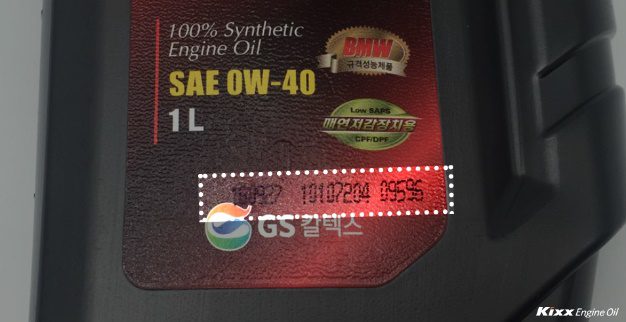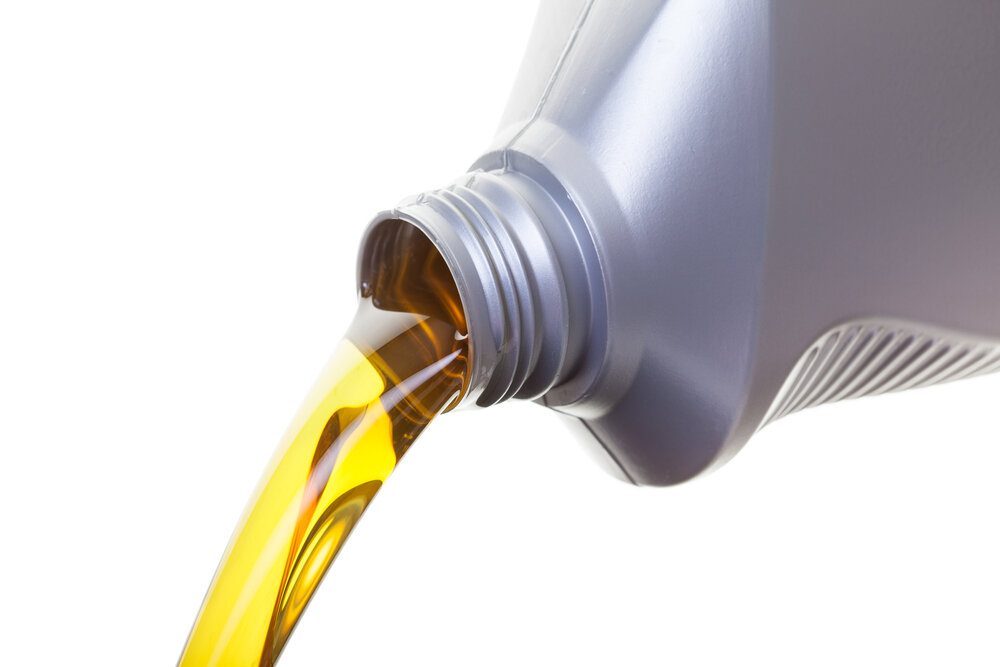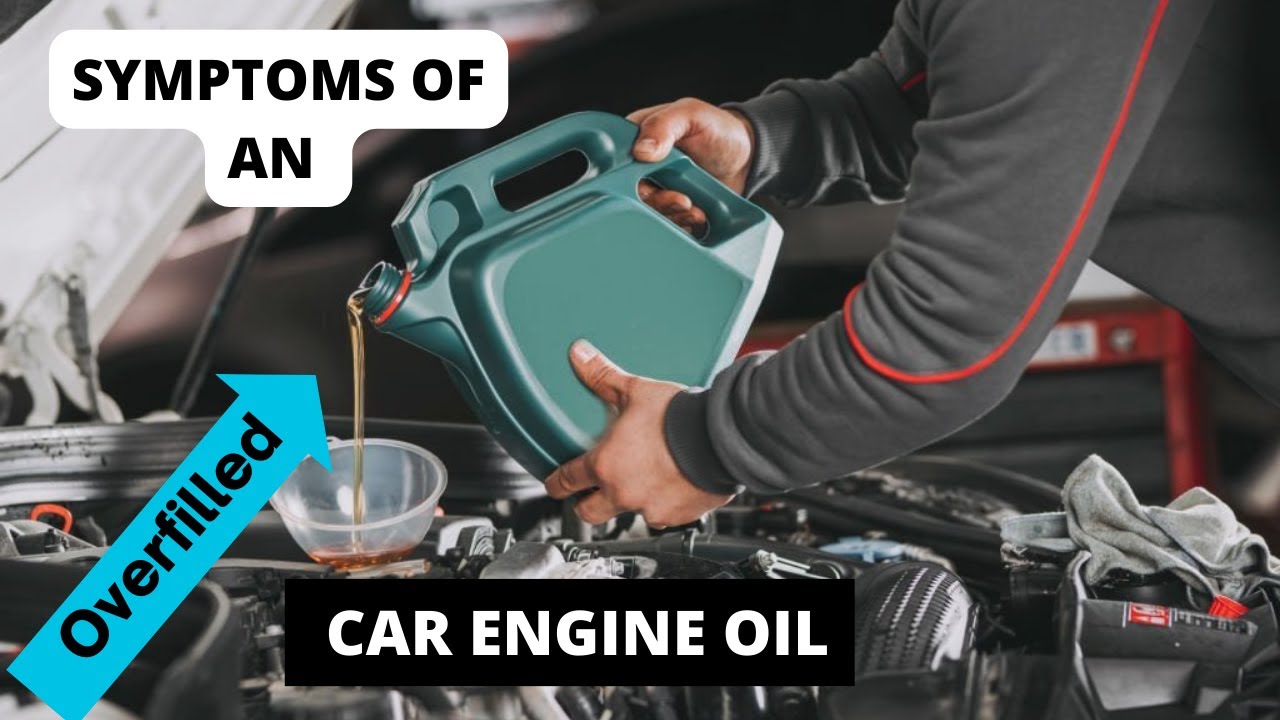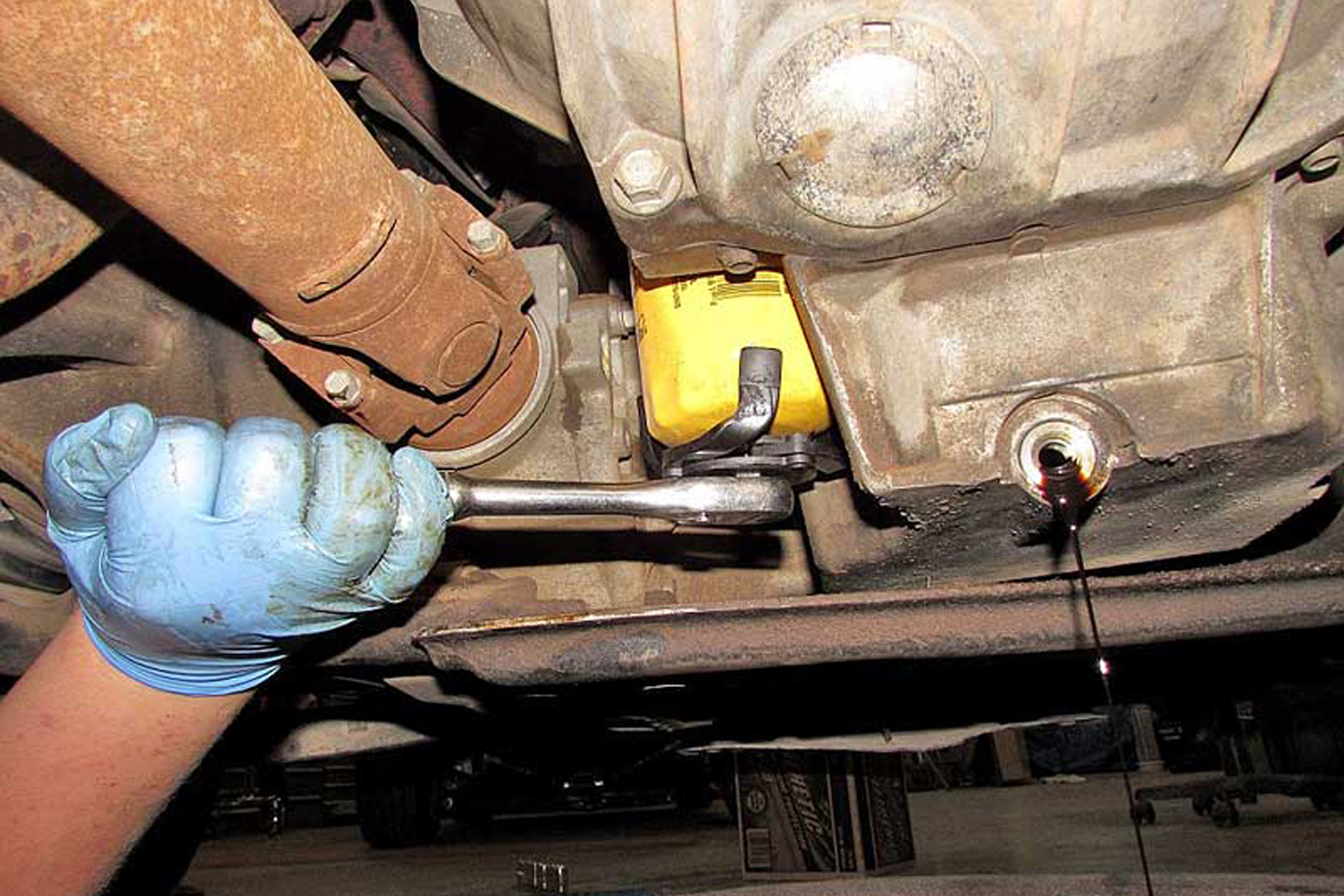Changing the oil regularly in a car is a must if you want to keep it operating smoothly. However, not everyone is aware of whether or not motor oil expires and, if so, how to determine. In addition, how long does motor oil lasts?
Here, you’ll learn all about motor oil and its shelf life. We also detail how to maintain the motor oil’s freshness and how to recognize when the oil expires.
Does Engine Oil Degrade With Time?
In general, engine oil does degrade over time, but that depends on many factors. There is a limit to the lifespan of motor oil. Because of this, it has an expiration date. Because of this, oil deteriorates over time just by remaining in the engine. It loses viscosity over time, which makes it less effective in maintaining optimum lubrication between moving parts.
But recognizing when something is wrong might be difficult. Although you may check the expiration dates on the container, motor oil can also get contaminated by being left in a car engine for an extended period of time or by being stored incorrectly.
It is expected that, under ideal conditions, motor oil will maintain a high degree of stability. However, it can deteriorate due to oxidation, high heat, and synthetic additions. It’s also important to think about how you want to store it.
Signs Of Oil Degradation
It might be difficult to tell when motor oil has been damaged, but these indications can help you identify it:
1. Expiry Date

Your engine oil’s expiration date provides you with a straightforward indication of its remaining useful life. The typical shelf life of conventional oil is 5 years. However, it is estimated that synthetic oil and synthetic blend oil will last between 7 and 8 years.
If you can’t identify the expiration date, use all motor oil within two to five years of the production date. And even if your oil is still in good condition after the expiration date has passed, it is still best to get rid of it.
2. Oil Color

The color of the new engine oil is amber. When you have finished changing the oil in your vehicle, you should be able to pull out the dipstick and observe the oil in its natural state.
As a result, if you check the oil and see that it has become dark, even black, it is definitely time for an oil change. (excluding diesel engines) The oil’s vibrant color fades as a result of oxidation. It also breaks down because of the engine’s humid and dirty conditions.
This may happen to an open bottle of oil as well if it sits on a shelf for a while. Dust getting into the container might make the oil look darker than usual, which is a sign that it’s gone bad and has to be thrown away.
Furthermore, new oil should be clear and transparent. There shouldn’t be any cloudiness or milkiness to it at all.
3. Oil Thickness
Fresh oil should stream easily and cleanly when being poured. You should suspect the oil has been corrupted if you see any separation.
Also, oil that gets thick and solid is not a good oil. Motor oil shouldn’t be slimy, or it won’t fulfill its job of protecting the engine.
How Long is Motor Oil Shelf Life?

The oil industry as a whole agrees that motor oil has an “extended period” of shelf life if it is kept unopened, cool, and dry in its original container. Simply explained, the typical motor oil has a five-year shelf life. It won’t spoil in a few weeks or months.
Given that the stability of petroleum (its resistance to in qualities) varies greatly from one use to the next, it is difficult to provide an accurate estimate for the shelf life of motor oil. It depends on how much exposure it receives from conditions that might speed up its degeneration.
When exposed to the elements, such as air, oxygen, heat, light, and water, the chemical processes that make petroleum products “go bad” begin. Therefore, the oil’s longevity is affected by how it is kept.
What If the Oil Bottle Has Been Opened?
Once the original bottle has been opened, there is a higher risk of cross-contamination by moisture condensate or dirt. The lubricating properties of oil in an engine can be diminished by both dirt and water condensation.
After a container has been opened, oxidation is another potential source of degradation. Viscosity increases, and sludge or silt forms when air molecules combine with oil molecules.
Because oxidized oil is often more acidic, it may corrode and rust any metal it comes into contact with. You should usually preserve motor oil in its original packaging until it is time to use it.
If you acquire bottles from a dealer, be sure the seal hasn’t been broken, and look for signs of contamination or deterioration in opened bottles.
How Does Oil Expire in the Engine of Your Car?
When the oil is used in the engine of your car, it is more susceptible to a variety of things that might harm it while it is still being stored in a container.
The mechanical activity of the engine will lead to greater temperatures, which might lead to the oil thickening over time. As the oil is pumped from one location to another, it increases its chances of picking up contaminants like soot and tiny metal particles.
Other engine difficulties, like a defective cooling system or water pump, might lead to water flowing into the oil, altering its viscosity.
Immediately after fixing a blown head gasket, you should change your oil since it will have a milky, almost cappuccino-like consistency.
Environmental variables, such as extremely cold temperatures and extreme driving conditions, can also contribute to the oil turning into a sludge, which can eventually block the oil from circulating properly in the engine.
Some synthetic oils will include compounds that can prevent oxidation or reactivity to temperatures and can stay longer before changing.
Is It Safe to Use Expired Motor Oil?
If the oil in your car’s engine has been sitting for too long or if the oil on your shelves has expired, you should get rid of both and start again with new oil. In no circumstance is it financially sensible to use outdated oil in the engine.
Damage to the interior metal parts is certain if oil is used that is high in acid or includes contaminants. You probably don’t want to face expensive garage expenses to fix this damage. If you are unsure if the oil is still OK, it is best to throw it away and replace it.
How to Store Motor Oil?
You might be in a situation where you have a good amount of engine oil that you do not need right now; however, you will most probably need it in a year or so. These are some tips to help you store your engine oil for later use:
1. Keep the Original Bottle
Keep your engine oil in the original bottle for maximum freshness. Don’t open the bottle unless you need to use it. Keep it in the original packaging even after you’ve used some of it.
You may put your faith in the manufacturer’s instructions for storage since they know what’s best for the motor oil. Putting it in a new container increases the risk of contamination from debris and dust.
2. Keep Away from Water Humidity
Ensure the oil bottles are stored in a cool, dry place at all times. Motor oil has a number of opponents, but moisture is one of the worst. Water vapor and moisture can enter the bottle more easily once it has been opened.
The oxidation process starts as soon as air comes into contact with the oil. Furthermore, under humid situations, condensation might form within the bottle. Risks increase when oil levels drop because more container surface is available for condensation to form.
3. Keep it in a Moderate Temperature Range
The ideal temperature range for storing engine oil is between 32 and 85 degrees Fahrenheit (0 to 30 Celsius). Whether the bottle has been opened or not, it is best stored at these temps.
As an added bonus, it’s ideal if storage temperatures are kept stable. If there are fewer s, the oil will keep going for longer. Motor oil’s viscosity will vary if it’s heated to temperatures over its melting point. As it degrades, it loses its lubricating properties and causes damage to the engine.
What Do the Oil Manufacturers Say?
Obviously, oil companies have an interest in the continued sale of motor oils; otherwise, there would be no need to produce them. When kept in its original, unopened container and kept out of direct sunlight and freezing temperatures, motor oil has an “extended period” of shelf life, according to most experts.
Yet, the recommended storage time for motor oil differs depending on the brand.
To give you an idea, Mobil says their industrial and automotive oils have a five-year shelf life if kept in the original container. Another major producer, Total recommends discarding motor oil after just two years if it hasn’t been used.
Motor oil manufacturers may be unwilling to acknowledge that their products degrade with time, but they all agree that we should properly dispose of used oil after a certain period of time. Those pesky entrenched interests might be at blame once more.
Furthermore, this only holds true for oils that have been kept unopened in their original containers and kept at the appropriate temperature.
What About the Shelf Life of Synthetic Oils?
In contrast to conventional oil, synthetic motor oil has a longer lifespan and can go longer between s due to the following reasons:
- The synthetic nature of these oils ensures that they are free of the contaminants found in natural oils.
- With anti-corrosion compounds and improved performance in both hot and cold climates, synthetic oils are engine-safe and convenient.
- The additives in these motor oils prevent the oil from deteriorating and separating under extreme driving conditions.
- Synthetic oils prevent the accumulation of sludge and ash better than conventional ones do.
Does Synthetic Oil Expires?
Synthetic oils can still go bad if they aren’t used for a long time, so they need to be stored the same way traditional motor oils are.
When employed in the engine, the advantages go mostly to the vehicle. Because of their ingredients, synthetic oils are more suitable for long-term storage, especially those that protect against heat.
FAQs
Q: Does synthetic oil lasts longer than regular oil?
A: Yes, synthetic motor oil gives longer intervals between oil changes in general; however, it depends on the kind of oil you use. The basic oil and oil additives that make up synthetic oil are formulated to keep working even in the extreme temperatures that automotive engines often experience. Modern engine oils are developed to require fewer oil filter replacements and be more resistant to oil pressure.
Q: How long can you keep motor oil?
A: Motor oil may be stored for up to five years after opening. It won’t spoil in the next few weeks or months.
Q: Can I Use Expired Motor Oil?
A: When it comes to protecting your engine, new oil is a must. In addition, it can cause issues like acid accumulation, which leads to corrosion. The oil that has expired should be disposed of to protect engine components and fuel efficiency.
Q: How long does an open bottle of engine oil last?
A: Once the cap has been taken off of a container of engine oil, it should be used up within a year. Both traditional and synthetic motor oils have a comparable shelf life once the container has been opened.
Q: Do I need an oil change if my car has been sitting?
A: When motor oil is old or damaged, it must be replaced. Because of the high temperatures and pressures, the oil can deteriorate and gather debris that must be disposed of. Furthermore, oil degrades with time, even if the vehicle is left parked for a long time.




